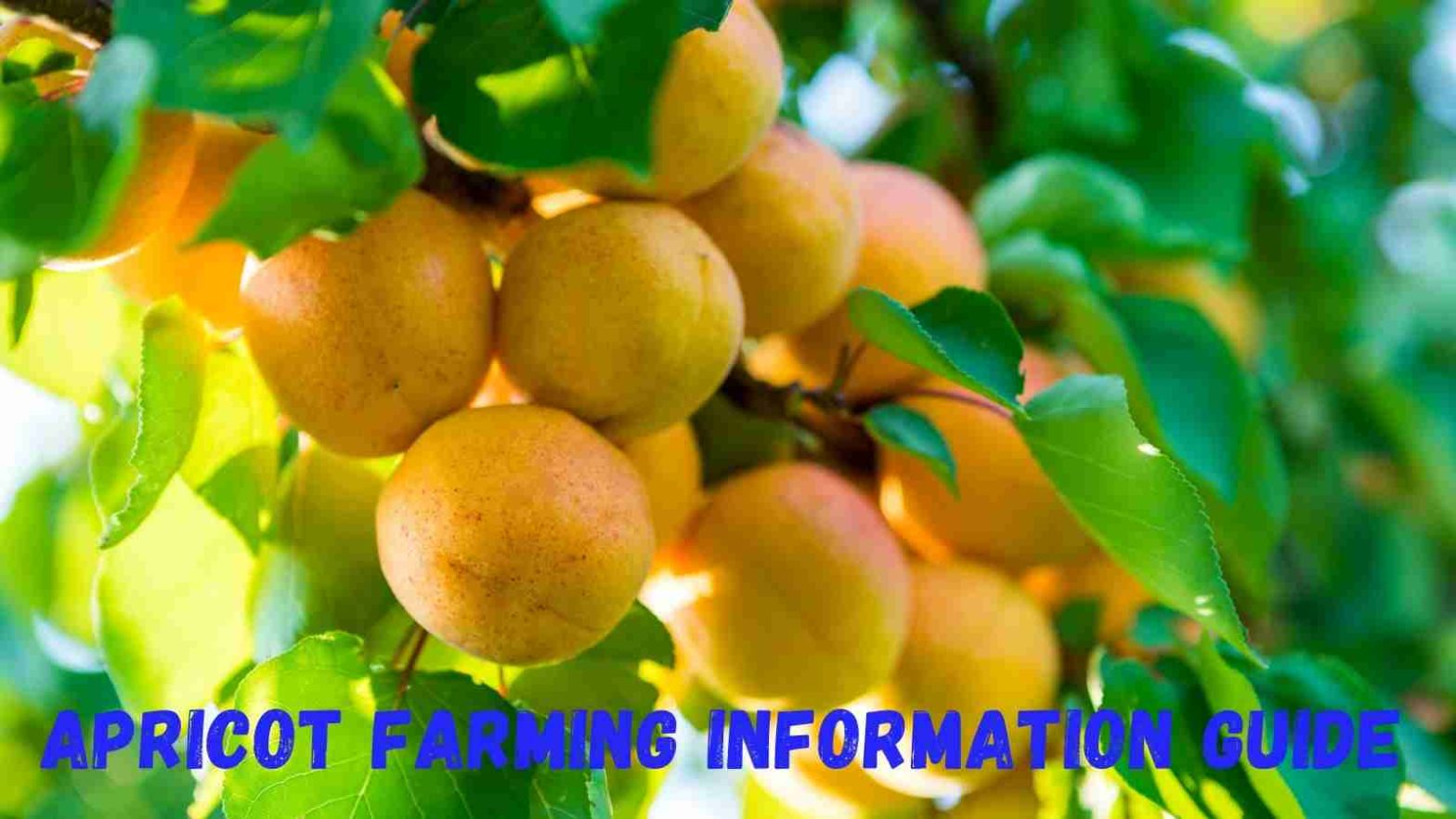They do look like the twin sisters of peaches though! This fruit has always been indigenous to the higher altitudes of the country and also to the mid hilly areas. Primarily, the northern states of Himachal Pradesh, Jammu and Kashmir, North eastern states and Uttarakhand are great producers of apricots.
From delicious squashes to canned fruit stuff, apricots can be savoured in a variety of forms. Earlier, apricots were restricted only for the domestic trade. However, in the recent years, due to heightened commercial apricot farming, even overseas trade has also begun. It is needles to mention that these exotic fruits high heavy revenue.

The apricots are high in niacin and also in Vitamin A. Owing to the various types of vitamins and other beneficial substances. The apricots have very many health benefits as well. Likewise, the apricots are very good in curing skin diseases, helps to reduce weight, keeps the heart and the eyes healthy. With the presence of beta carotene, these fruits prove to be magical for the eyes.
Apricots are lovingly called by various names with respect to their local regions. Like, these fruits are called as Khumani in Hindi, Jardaloo in Marathi and also Saara Paruppu in Tamil. With the different regions where in, this fruit is grown, the varieties of the fruit also differ. Likewise, in Uttar Pradesh, the varieties of Kaisha, Bebeco and Moorpark are grown, Narmu, Halman, and Rogan are grown in Jammu and Kashmir and the varieties of Suffaida, Charmagaz and Early Shipley are grown in Himachal Pradesh. Here in, we have brought to you the various advices and tips which will be very useful in the apricot farming in India.
The 3 basic tips of apricot farming in India
1. What type of soil is best suited for the apricot farming in India?
The apricots are not very choosy regarding the type of soil. Since, these are grown in the hilly areas primarily, they can sustain in dry soils as well. On an average, the apricots require properly drained soil which ought to have sufficient amount of moisture and organic manure.
The soil needs to be deeply aerated and has to be tilled very finely. Aeration is required in the soil but this does not mean that the soil will be left loose. The pH of the soil has to lie within the range of 6.0 to 6.8. The soils with rich organic matter and humus are the best for these fruits. However, as these apricots are grown in the almost desert like areas of Ladakh, so they can be grown at times even in the nutrition deficient areas.
2. What are the required climatic conditions to help prosper the growth of apricots in India?
It has already been mentioned that the apricots grow in the hilly areas. They obviously love to grow in colder or in low temperature regions. The apricots those grow above the 3000 metres above the mean sea level usually have white pulp and also has a sweet kernel. However, the apricots that grow at a height of 1000 metres above the mean sea level, have a yellow pulp and the kernel is also not sweet.

It is always better to grow the apricots where in, the regions experience long wintry days and shorter summers. On an average, if the apricots are provided with 100 cm of rain all round the growing season (apart from the regular irrigation facilities), then these grow very well. Depending upon the range of temperature at the hilly areas the varieties of apricots namely Baiti and Beladi mature way early as compared to the varieties like Alfred and Farmingdale.
3. The tips to remember while irrigating the apricots’ farm lands in India
The Apricots are very sensitive plants. They need only an optimum level of water and irrigation is extremely important in the initial days of the growing. The time when the irrigation needs to be done are given as follows –
- In between the months of April and May, the apricot farms need to be properly irrigated as it is the growth season of the crop.
- The irrigation of the apricot farm needs to be halted during the days when there is at least a heavy down pour. All the more, it should be taken care that there should not be any kind of water clogging in the farm. Excess water clogging might lead to the decay of the roots of the apricot trees.
- Within an interval of a week, the farms should be irrigated. At times, irrigation depends even on the soil and the weather.

